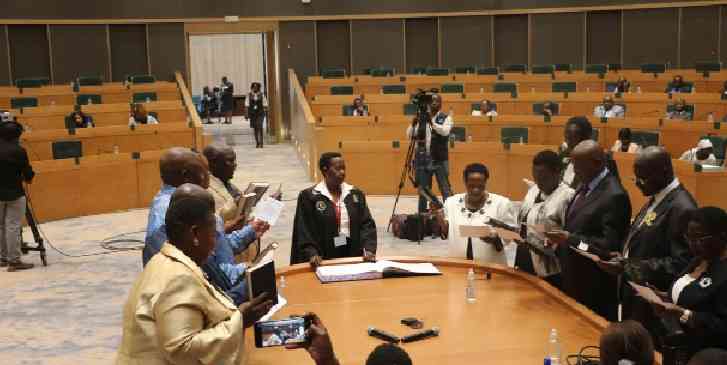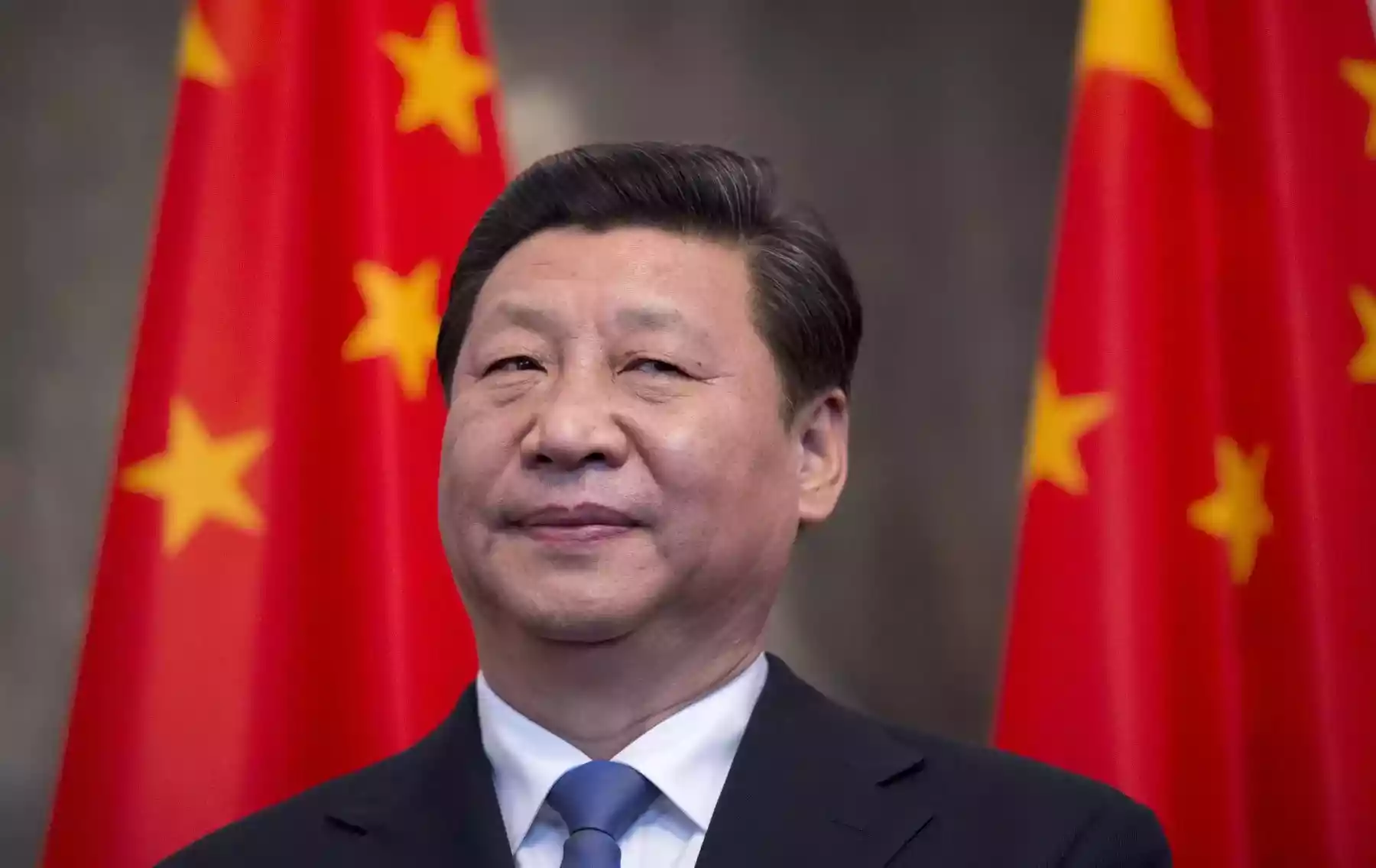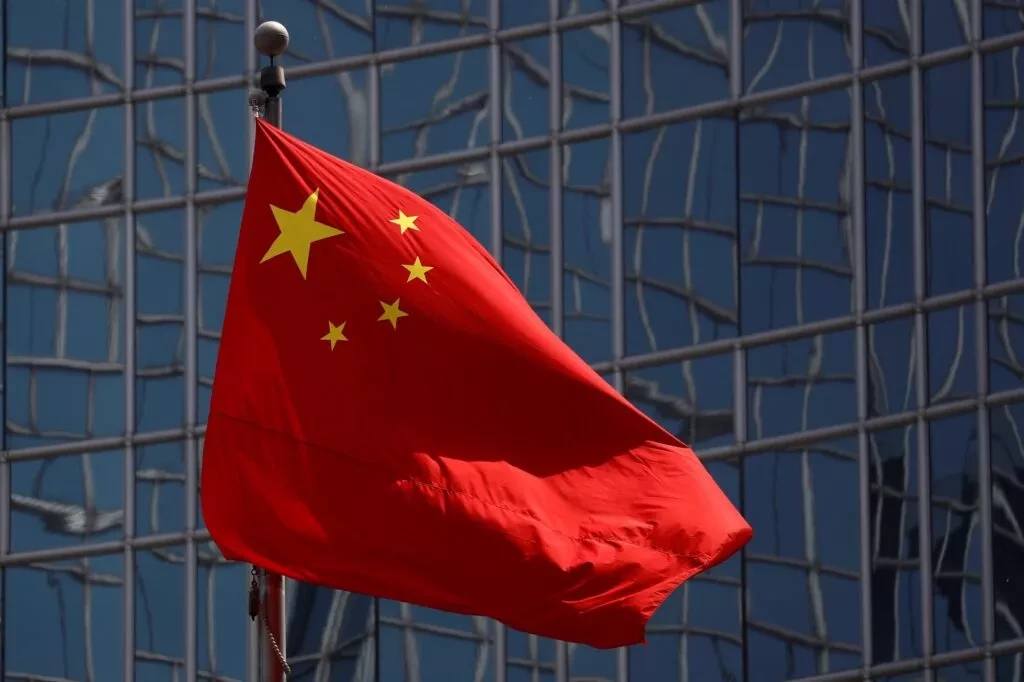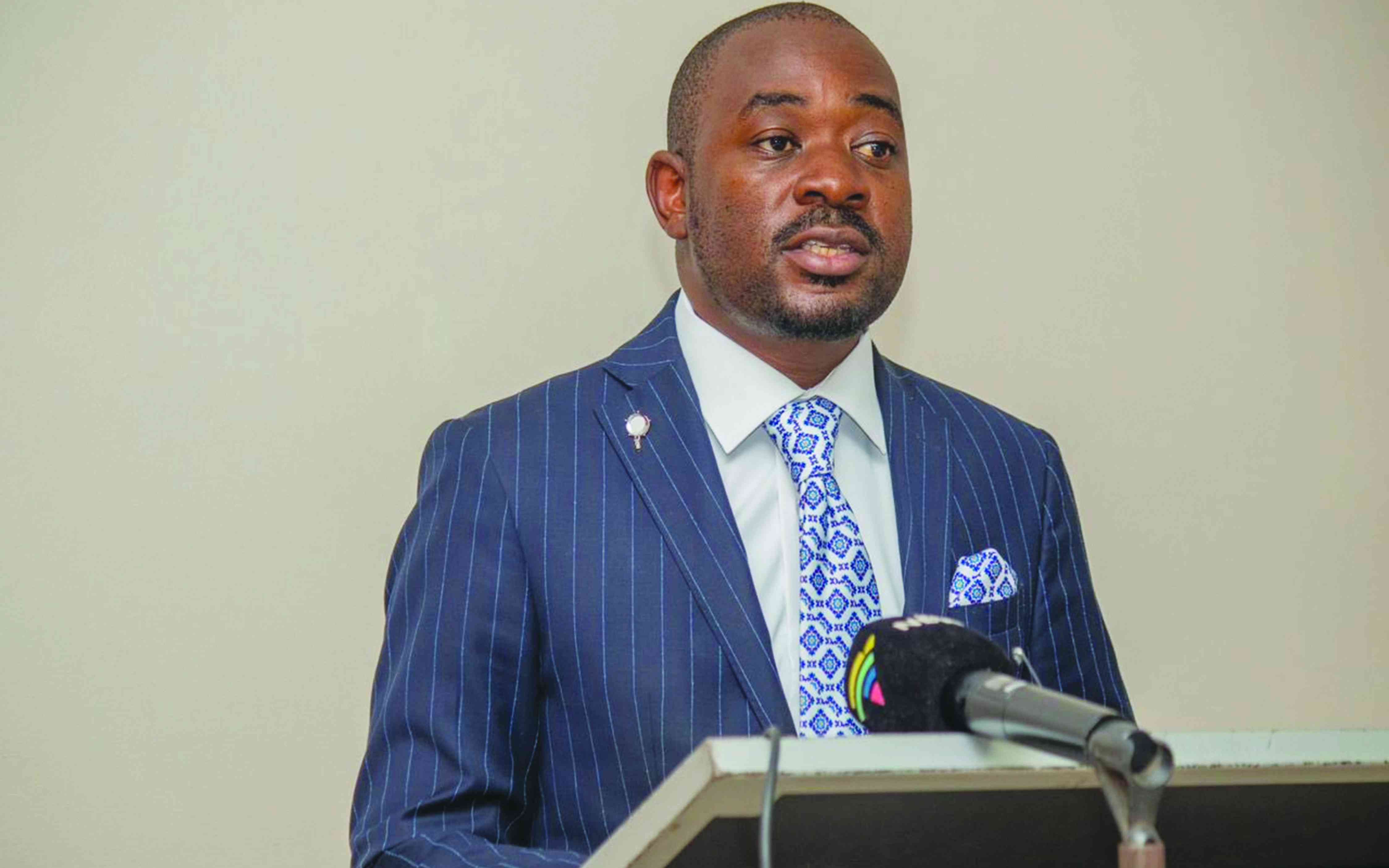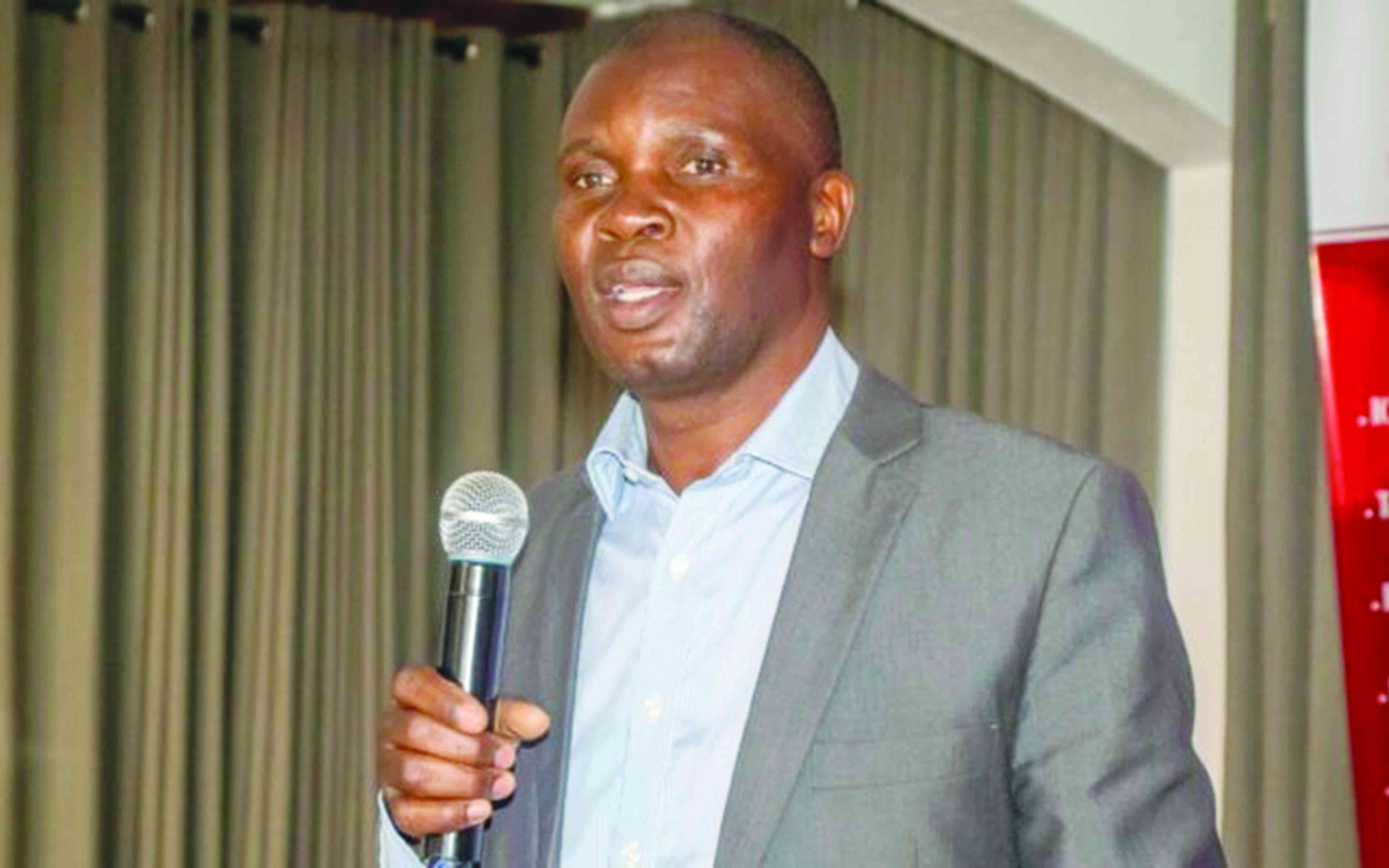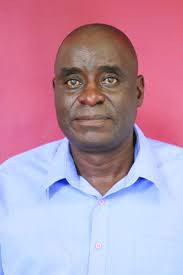
ONCE again, the ruling Zanu PF’s factional fights have reared their ugly head in a repeat of the levels and magnitude of 2014-2017 during succession skullduggery and maneouvres that characterised the late former president Robert Mugabe’s last years in office.
One would think the ruling party’s tsars had learnt a lot from the destructive impact of the infighting that threw Joice Mujuru from the party’s cockpit while at the same time throwing hundreds of her loyalists off the ship.
Immediately after, attention turned to incumbent President Emmerson Mnangagwa — then Mugabe’s deputy — a fight that culminated in the former’s expulsion from the government and Zanu PF.
It took a military coup to thrust Mnangagwa at the helm of both the party and government.
Now, long after Mugabe’s departure, the succession fights — real or imagined— pitting Mnangagwa and his deputy Constantino Chiwenga are not doing the country any good. In real terms, it is difficult to plan in an environment characterised by uncertainty.
Zimbabwe has been crying out for foreign direct investment, while currency woes have been playing havoc in the economy.
This has been the trend ever since the government has been experimenting with different currencies since the collapse of the local unit between 2008 and 2009.
Power deficits have pushed production costs to astronomical levels at a time investment in the renewable energy sector has not received the attention it deserves.
- NoViolet Bulawayo’s new novel is an instant Zimbabwean classic
- Jah Prayzah, Zanu PF rekindles ‘lost love’
- Bank workers appeal to Ncube for tax relief
- Indosakusa marks 21-year anniversary milestone
Keep Reading
This is in a country where citizens have been languishing in dire poverty, struggling to put food on the table as well as paying fees for their children. They have been pushed to the periphery of economic activity and are surviving on vending, where they play cat and mouse with municipal authorities and the police.
But they are not blind. They can see the corruption taking place around them that is benefitting only a few politically-connected individuals.
Citizens continue to hope — against hope — that the agricultural season ahead may not suffer from the vagaries of climate change.
They see the fights in the upper echelons of power but can only hope for a better tomorrow, which may come after they are long gone.
Energies, which should be directed towards positive development for the country, are being spent on fights aimed at power retention and fear of being shunted off the gravy train.
Zimbabweans have for long been known to be a hardworking lot but authorities do not realise that they too want to live decent lives where they can work for their families.
The ruling party leadership must remember that this is a road citizens have been trudging for far too long, enduring the poverty and deprivation that has engulfed them.
They must put an end to corruption and ensure leadership change is not always characterised by distractive fights.

